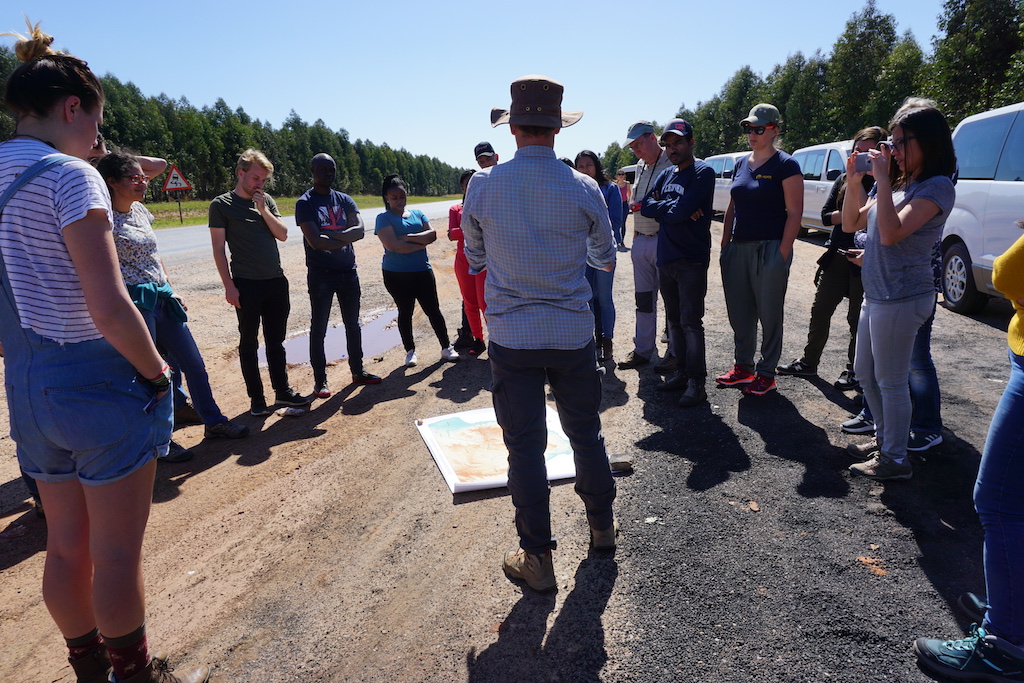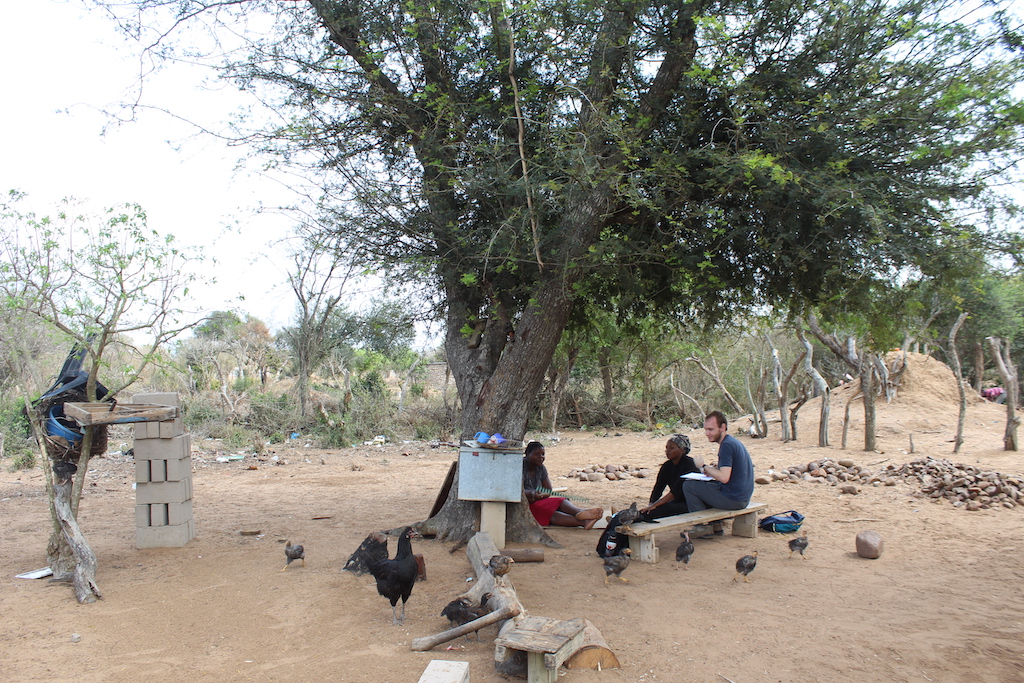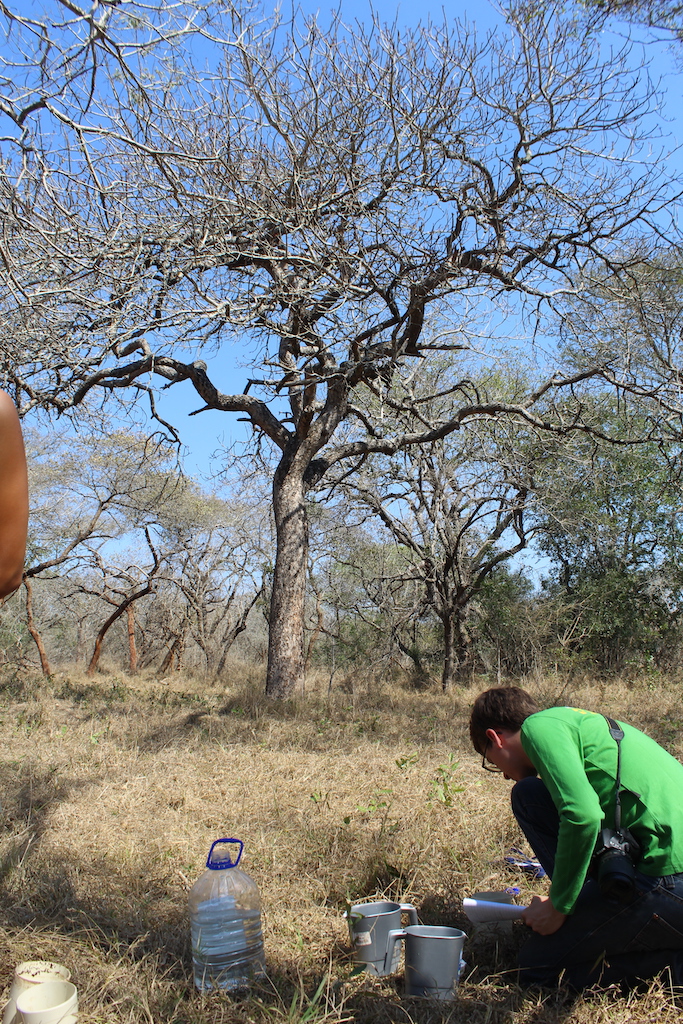Programme
This programme trains future sustainability leaders acquainted with the necessary interdisciplinary knowledge, skills and methodologies to address and solve intertwined socio-ecological challenges hindering the construction of more sustainable paths of development. Professionals graduated from this programme are familiar with both the societal and ecological side of the sustainability problematic, including the dialectics between its ecological, economic, social, political and cultural dimensions. The full programme, comprising 120 ECTS, offers a common interdisciplinary core programme and two tracks of specialization: Space and Society track and Ecology track. The entire programme has a genuine focus on actions to remediate enduring unsustainabilities. It trains professionals that will support institutions from the public, private and civil society sectors to draft and implement sustainable development programmes and policies.
The common interdisciplinary core programme
Provides the fundamental expertise needed on sustainable development, including theory, methodology and practical applications. It comprises academic levelling courses, courses on different dimensions of sustainable development, an individual research portfolio, as well as a fieldtrip in the Global South, an internship, a thesis and a workshop on sustainable development in practice.
The focus of this track concerns the societal component of the sustainability transition, including social, economic, political and cultural dimensions. To fully grasp their relation with the environment and ecology, these dimensions are considered from a territorial and multi-scalar point of view. This track will confront the students with the challenge of applying the conceptual debates on sustainable development to the analysis of concrete issues, such as climate change, energy transition, biodiversity, water and soil management, cities and neighbourhood development, sustainable tourism, disasters and resilience, land management, food security and alternative agricultures, forest governance,… These debates involve the questions of use, ownership and management of natural resources and how the use of these resources affects biophysical and social environments. Relevant analytical perspectives studied in this track include, among others, governance of socio-ecological systems, social sustainability and social innovation, environmental justice, political ecology, political economy, ecological economics, resilience and North-South relations.
This track focuses on both the conservation of biodiversity and the sustainable use of biodiversity, at all organizational levels (species, genes and ecosystems). Students will be trained in analyzing how anthropogenic disturbances such as land use changes, water and soil pollution, the introduction of exotic species, and climate change may affect biodiversity. Furthermore, the track aims at raising awareness regarding the great importance of biodiversity in maintaining the crucial services that natural and semi-natural ecosystems provide to man and society, including crop pollination, conservation of genetic resources, soil formation, climate regulation and water purification. The trained professionals will be able to recognize and to analyze the most important anthropogenic mechanisms behind the loss of biodiversity and the associated ecosystem services, at both local and regional scales, and to propose and implement mitigation measures.
Learning outcomes
Upon completion of the Master programme, students will become experts on the area of sustainable development with heightened sensibility for Global South questions. Students will reach the following learning objectives:
Knowledge, skills and understanding
- Be familiar with the broad interdisciplinary debate on sustainable development encompassing connected social, economic and ecological realms.
- Acquire in depth theoretical and applied interdisciplinary knowledge and understanding of socio-ecological systems and nature-culture interactions.
- Acquire and improve skills and capacity to participate in interdisciplinary and transdisciplinary teams.
Application
- Develop understanding about the situation of the Global South, including critical awareness of sustainability obstacles and enablers, through multiscalar analysis, connecting scales from the local to the global.
- Reach critical judgements in relation to major environmental controversies (regarding agro/biodiversity, soils, water, food, energy, disasters, climate change,…).
- Acquire capacity to apply concepts and methodologies to examine concrete cases and contexts, such as specific rural and urban regions, cities, water ecosystems, protected areas, forests, etc.
- Have the ability to use the appropriate scientific methodologies in terms of data gathering and analysis, to integrate a variety of knowledge.
- Acquire capacity to develop original actions for enhanced sustainable development in the realms of economic, social, environmental, international and intercultural governance.
- Acquire capacity to take part in the analysis, management and assessment of sustainable development actions.
Critical self-reflection and abilities to communicate with relevant stakeholders and broader publics:
- Critical attitude in the exploration of the sustainability dimensions of policy, planning and economic strategies in interdisciplinary ways.
- Raise awareness regarding the importance of biodiversity in maintaining the crucial services that natural and semi-natural ecosystems provide to man and society.
- Stimulate critical thinking regarding contemporary sustainability challenges produced by the interaction between human beings and the environment we inhabit and transform.
- Familiarity with the specific rationale, codes of communication and language to exchange and discuss clearly with both specialist and non-specialist audiences.
- Ability to reflect epistemologically on one’s own practice and to review one’s own knowledge on the basis of its internal scientific coherence and societal relevance from the point of view of sustainability
Specific learning objectives from the Space & Society and Ecology tracks:
Space & Society
- In depth knowledge of the role of governance, the ‘social’ and all type of collective action underpinning and intervening in sustainable development.
- Understanding of the political nature of the governance of the commons, including social, economic and environmental justice consequences.
Ecology
- Ability to recognize and analyze the anthropogenic mechanisms behind the loss of biodiversity and the associated ecosystem services, at both local and regional scales, and to propose and implement and assess mitigation measures.


